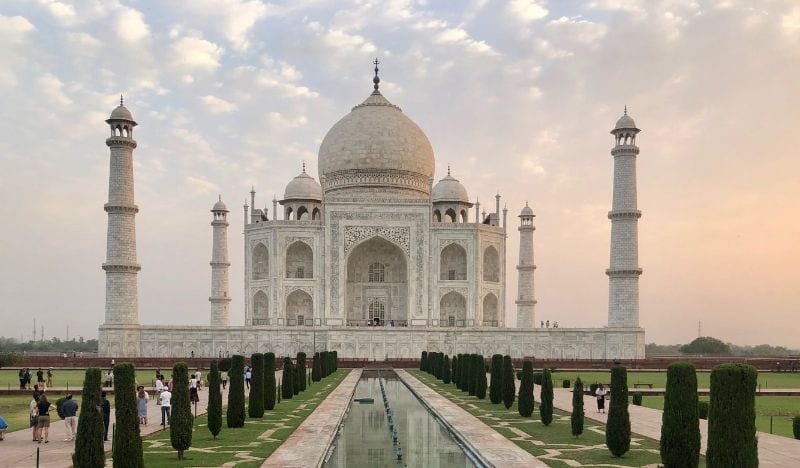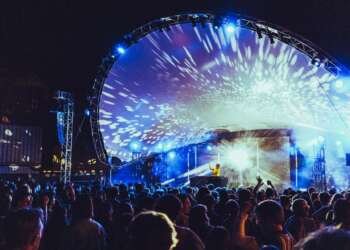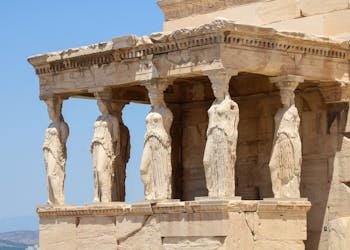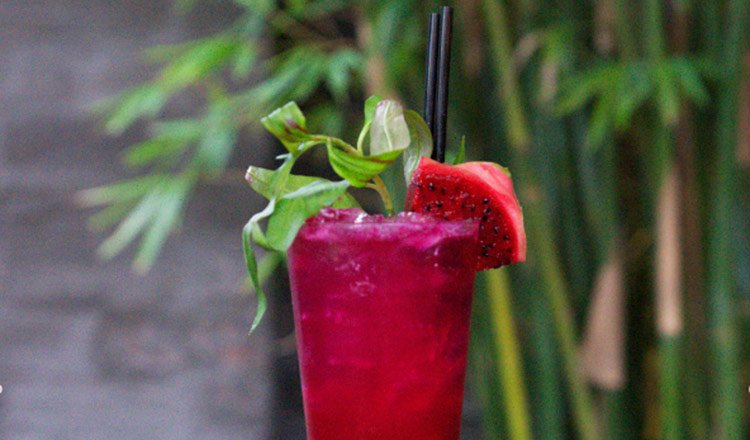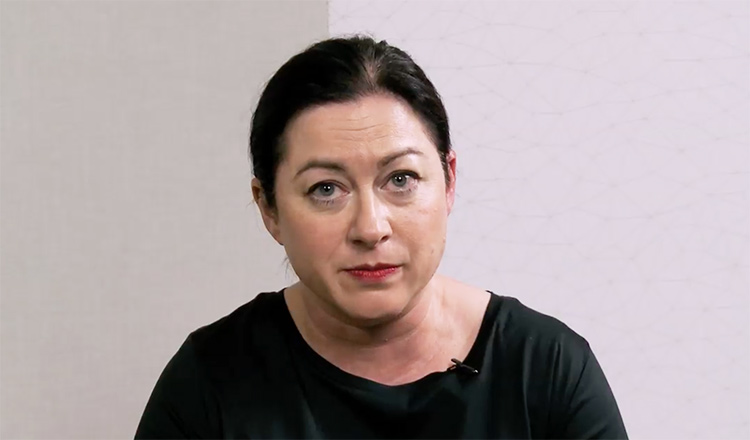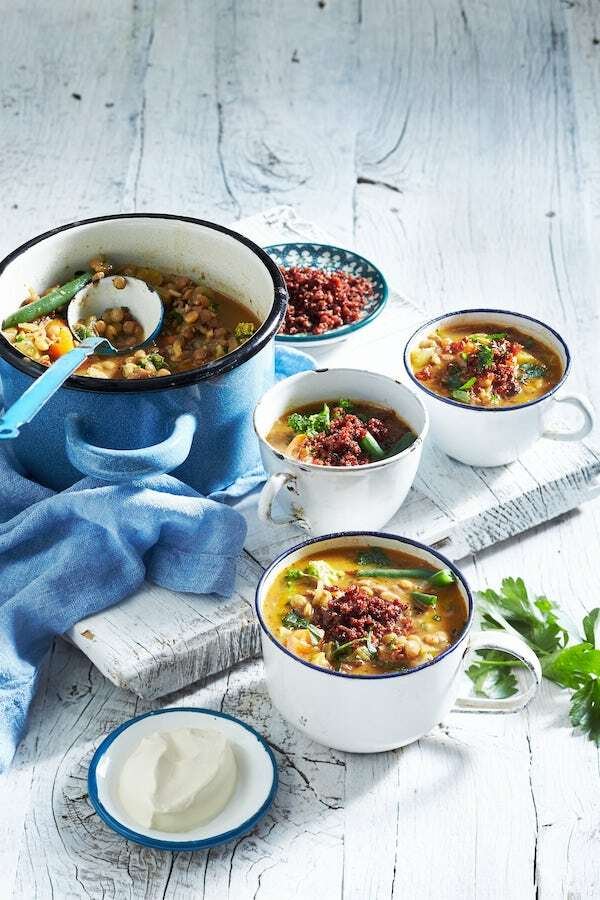Read how The Carousel reporter, Angela Galloway, fell in love with the beauty of India during what is her first instalment writing about her mid life gap year.

My much awaited Gap Year is finally underway and in a nod to the Eat Pray Love cliché’ of self-discovery, my first stop was India. From the second I stepped out of the airport in Delhi, I was overwhelmed by a cacophony of chaos. The sounds, the smells, the colours, the sights, the traffic, the heat … all immediately “in your face” but also strangely mesmerising and magical.
It is almost impossible for an India ‘newbie’ like myself not to feel boggled by the traffic in India. It is overwhelming and the noise of horns was the soundtrack of every Indian city I visited. They are as incessant and unrelenting as the oppressive heat, but are not used as a tool of aggression. In fact, almost all trucks display a large “horn please” sign emblazoned over their rear ends. Horns are the equivalent to vehicular ‘chatter’ that helps drivers navigate the chaos of the roads. “I’m coming down beside you” or “Is it safe to pass?” All conveyed via subtle nuances in ‘honking’ etiquette. Aside from the compulsory honking, it seems that the only road rule in India is that there are no rules, (apart from giving way to cows). This is best summated by their driving mantra of “good horn, good brakes and good luck” and I suspect that all three came into play on my long drives between cities (with a strong bias towards luck). After a few days of near misses however, I became quite accustomed to overtaking on hairpin bends or the last second swerve out of the path of a bizarrely decorated truck fully laden with anything from gas bottles to people. But all this disorder is underwritten by a certain harmony that gives India its unique flavour. Sterile it is not, but amidst the chaos is the colour and character that is part of India’s unique but magnetic charm.

Traffic can also be seen as a metaphor for life in India. Rickshaws, motorbikes, pushbikes, cars and trucks all coexisting in the chaos with very little room to manouvere. And so it is with life in India … a melting pot of religions and castes and cultures, coexisting peacefully but with little or no margin for error. For most people, life has very little wriggle room. Every day revolves around the serious task of survival and it is clear that some are faring way better than others in this regard. India is a country of extremes … abject poverty, obscene wealth, colours, sounds, smells, history and heat. It is almost too much to absorb and at times a little overwhelming.

City life aside, the natural beauty and the awe inspiring religious and cultural monuments that India is blessed with are nothing short of breathtaking. From the mesmerising beauty and grandeur of the Taj Mahal, to the Amber Fort, a multitude of exquisite palaces and more temples than I thought possible. But it is the history and stories that are woven through every layer of every monument and icon, that really captured my imagination and gave meaning to the magic. Varanasi is a city I had heard a lot about. It is the spiritual capital of India and ‘home’ of the Ganges. The river and the city have an intangible beauty about them that is hard to articulate but that pulses with history and spirituality. Over two hundred cremations happen every day on the banks of the Ganges, within plain sight of anyone who cares to observe. It is transparent, raw and ritualistic, but for Indians it is profoundly significant. Hindu’s believe that if their loved one’s ashes are laid in the Ganges in Varanasi, that they will break the cycle of life and death and lead them to salvation. A concept known as moksha. On my drive from Varanasi to the Nepalese border, I saw several cars with shrouded bodies strapped to the roof, en route to Varanasi for cremation. A sight that would be inconceivable in Australia, but does not even raise an eyebrow in India. The Ganges however, is home to far more than cremations. It is the soul of the city. People gather on its banks to worship and pray, wash in its shallows and swim in its (slightly murky) depths. It seems incongruous at first for daily rituals and celebrations to exist side by side with death and mourning, but not so for the Hindu people for whom life and death are inextricably linked.
The colours of everyday life in India are vibrant and rich and this rainbow of colour is perfectly reflected in the personalities of the people I met along the way. People like my guide in Agra, Guarev, who invited me to his home for a cooking class with his wife and to share a meal with his extended family, who, as is the custom in India, all live together under one roof. I cooked with Guarev’s wife, did yoga with his dad, played with his son and chatted with all his siblings about life in India, where arranged marriage is still the norm. Guarev, met his wife to be for twenty-five minutes before having to decide whether she was ‘the one’ … a decision that was then ratified by the stars. If their astrology charts had not been a favourable match, then they would not have been permitted to marry. Another one of our guides did not get to meet his wife at all prior to their marriage. It’s like a massive countrywide episode of Married At First Sight! But what is clear is that a marriage in India is not between two people, but rather it is between two families, which is not entirely without merit … I can think of a few families that I’d quite like to spend Christmas’ with and I may start putting out some feelers on my return!

India is most certainly not for the faint hearted. It ignited all my senses, challenged my thinking and pushed me well outside my comfort zone. It is as captivating as it is chaotic and colourful. As it turns out, I did do my fair share of eating and praying and I most certainly fell in love … with this magical place.


